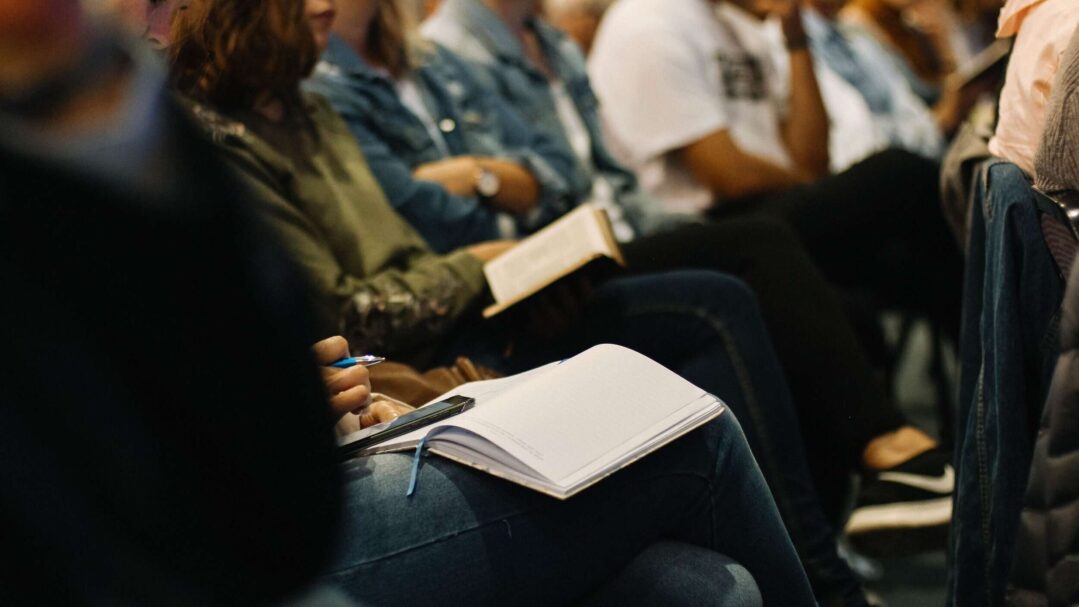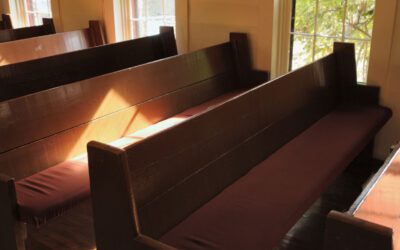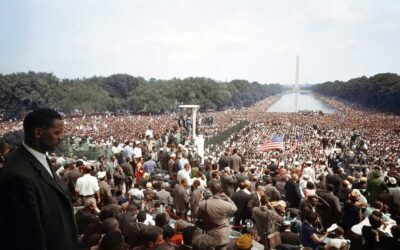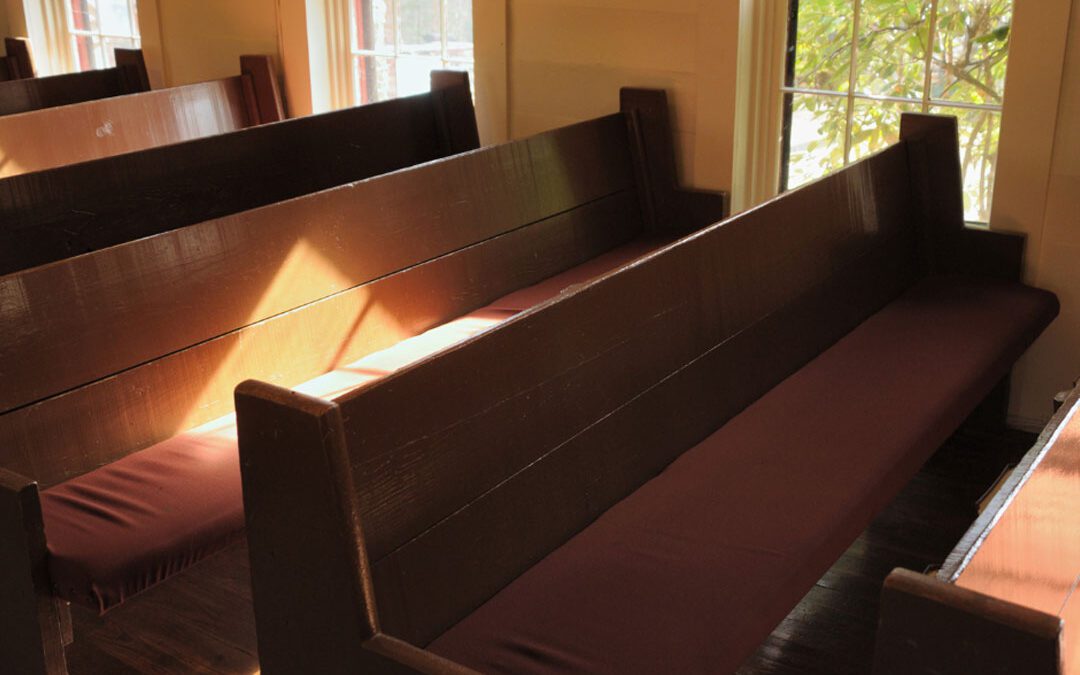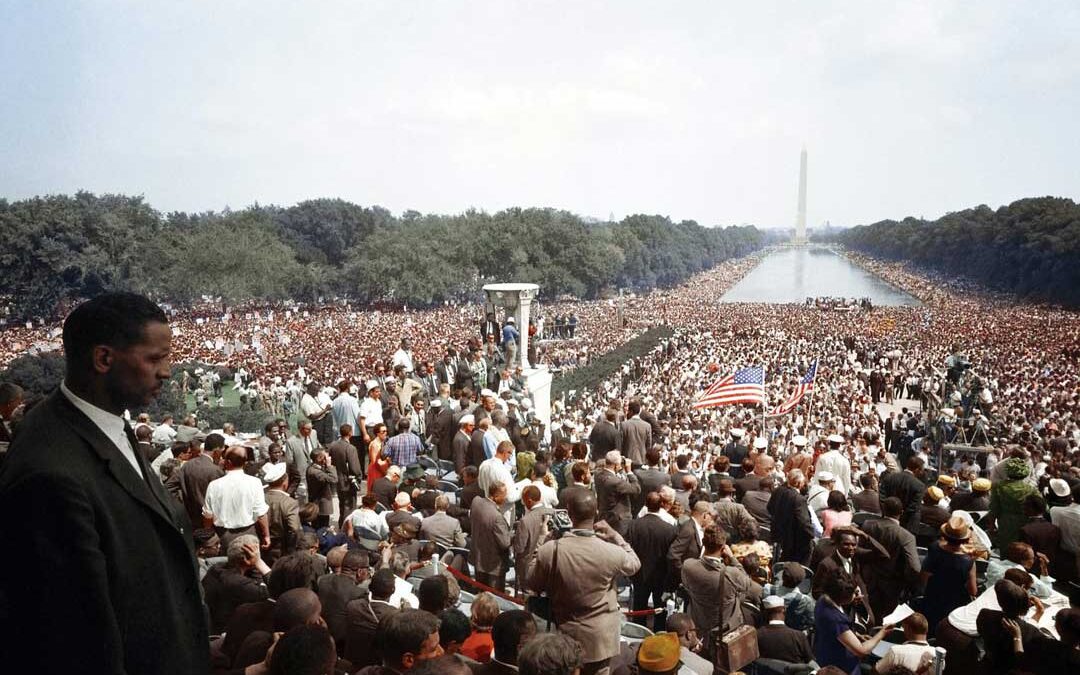Every other week, my church holds a Sunday evening prayer meeting. It’s one of my favorite things our church does. We hear about what is going on in our life together and then spend time praying for the ministries of the church. As he calls on various people to pray, my pastor asks, nearly every time, for someone to pray for unity in diversity. It’s a great prayer request because of how precise it is. It assumes diversity and prays for unity.
Every church is diverse. My church happens to be the most diverse church I’ve ever seen in the category of age. We have folks born in every decade since the 1920s. My favorite moment from this past Sunday was when a church member in her nineties came over to talk to my ten-month-old daughter. That kind of interaction and relationship is unusual in a world that subdivides by age and stage of life.
It is no secret that our world also subdivides according to race. Ethnic tension appears early in human history. We see it in the early pages of Genesis. We see it in the oppression of the Israelites by Pharaoh. Ethnicity becomes yet another avenue for hostility between sinners. But in the providence of God, it also serves as a platform to display the reconciling work of Christ. Our Lord tore down the wall of hostility between Jew and Gentile and made one new humanity with access in one Spirit to the Father (Ephesians 2:11–22). In Christ there is no Jew or Greek, slave or free, male or female (Galatians 3:28).
Scripture is not saying those categories no longer exist. It is saying that these categories have no bearing on whether a person can have a relationship with Christ. Paul, the human author of both passages I’ve just referenced, acknowledges the continuation of these categories in numerous places (1 Corinthians 9:20; Titus 2; 1 Timothy 3, Philemon). What fascinates me is that some of these categories exist into eternity while some do not. There will not be slavery in the new heavens and new earth. But ethnic distinctions remain (Revelation 7). What is different about ethnic diversity redeemed is that people of every nation, tribe, and tongue are no longer hostile to each other but are united in praise around the throne of the Lamb.
As we live between our Lord’s first and second advent, we have an opportunity to glorify God and display His reconciling love to a watching world. When we welcome ethnic diversity—not as an end to itself but as a chance to glorify God—we display the reconciling power of Christ. When an ethnically diverse group of people are unified in the Gospel we show that our identity as redeemed sinners is more powerful than our ethnic identity. It’s not that our ethnicities go away or that they no longer matter. It’s just that they are not the most important things about us.
When my church prays for unity in diversity, there is some acknowledgment even in the request that we do not do this perfectly. Your church won’t either. Maybe your older members wish you sang more hymns while your younger members think you sing too many. Maybe some of your minority brothers and sisters wish your pastor spoke out more on matters of race while some of your white brothers and sisters think he already does too much of that. That kind of push and pull is part of the normal Christian life. We will experience much of that as we help each other make it to glory. The more kinds of diversity we have in our churches, the more ways we will feel this tension. We shouldn’t run from it when we feel it. God has given us plenty of instruction for how to exercise wisdom and discernment in His Word (James 2, Matthew 5, Galatians 6). But remember, we won’t always fight and quarrel. The unity we see in part now, we will see fully when the Lord brings us home. We can give the world a foretaste of heaven and experience it in part now when we order our affections and identities in such a way that acknowledges the lordship of King Jesus over them all. God, give us the strength to do so.
Prayer Requests:
- Praise God for the hope we have of coming peace between all the saints.
- Pray that we would increasingly display the unity we will fully have in glory.
- Pray that the world would see us and know that God has done something in our lives.

